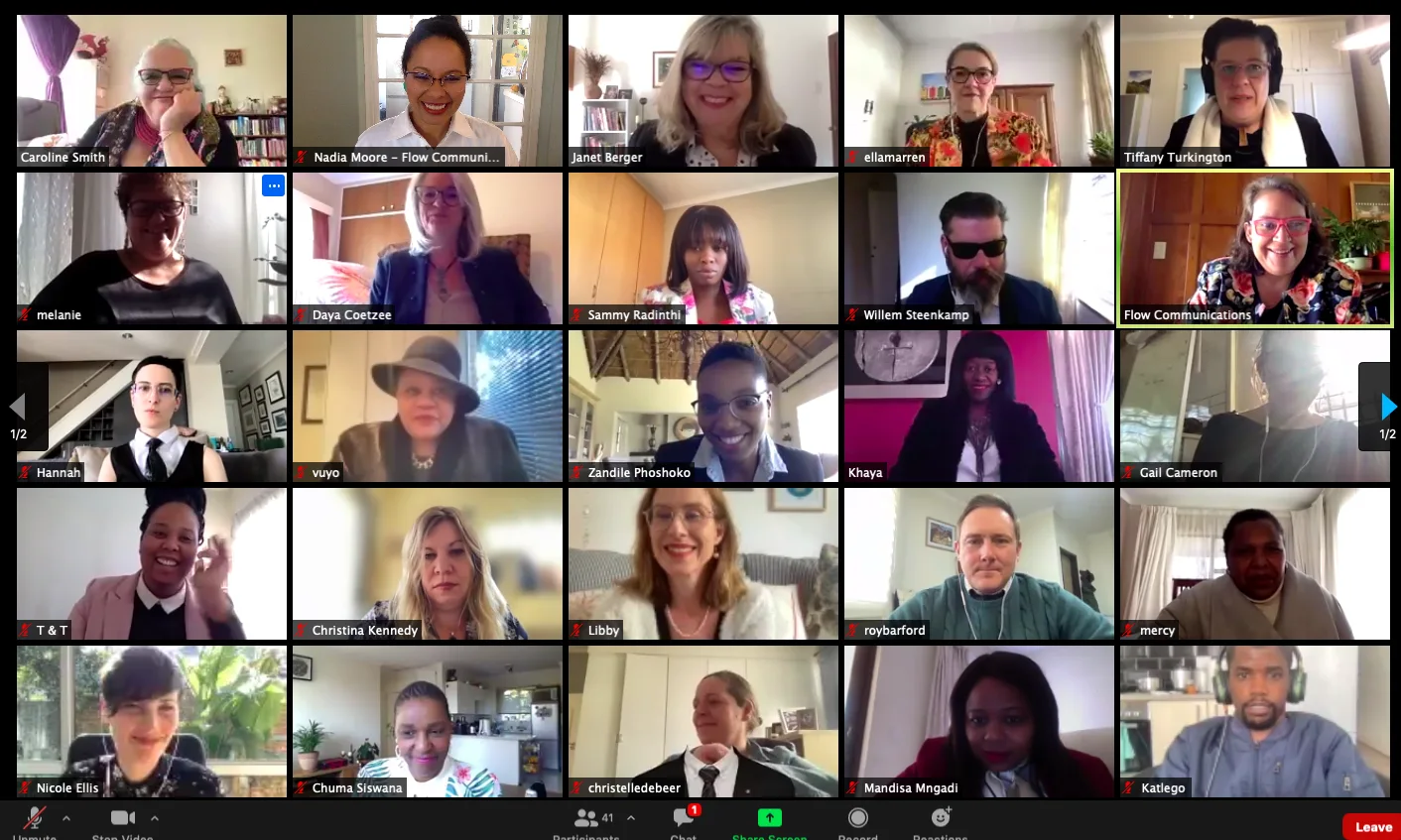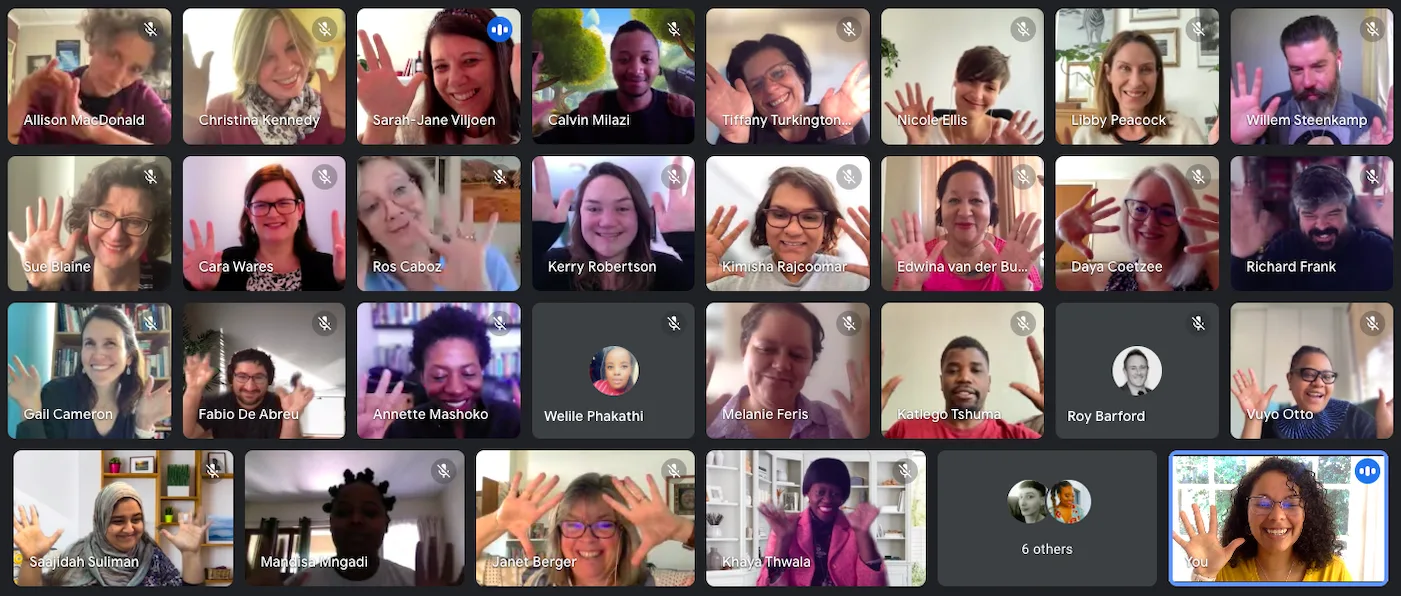Flow Communications has transformed into a 100% remote working agency, with a fully digital approach to work – a process catalysed by the Covid-19 pandemic.
We’ve been lucky in that we’ve always embraced technology to improve our efficiencies in the highly competitive communications and advertising industries. But moving to remote working meant we had to step up another level in terms of how we collaborate, share information and digitise processes.
Our experience of the last 18 months has been incredibly empowering, especially for Flowstars not based at our Johannesburg headquarters. Our Cape Town team and staff who were already working remotely (from their Joburg counterparts, that is) found themselves on a level playing field overnight, and able to integrate into new projects seamlessly.
We do miss the water-cooler talk and the fun we had around the office, but we’re arguably better connected than ever before. For instance, we have short daily “all-hands” morning meetings, with staff members getting the chance to talk about any topic of their choice when it’s their turn to run the session.
Once a week, we facilitate short “buddy catch-ups”, where colleagues are randomly assigned to break-out rooms in groups of three for informal chats (strictly not about work). The result is a business that is far more connected and integrated than before. We’re able to hire the best talent locally and internationally, and instantly form cross-disciplinary project teams without worrying about where staff members are based.
One area we’re paying special attention to is the asynchronous nature of remote work. Not being able to call across the room to a colleague to take a look at something means we need to be far more rigorous in how we track tasks and issues, and also in how we share knowledge within the organisation. The organisational “playbook”, which guides how things are done, is becoming increasingly important.
Having the right digital tools is critical. We use Google Workspace with its suite of email, document management and collaboration tools. We developed our own bespoke time-logging and project-management tool, Timesponge, which we’ve also licensed to several other businesses. Our sales, procurement and billing processes are also largely automated and online, and we continue to work on improving the information flow between these tools.

The digital transformation of our business has had another unintended (but very welcome) consequence – our international footprint is growing. Since our team is now attuned to asynchronous working and collaborating online, we’re much more attractive to international clients – clumsy boardroom Skypes have been replaced with slick Zoom and Google Meet meetings with a team who are technically adept and able to relay their ideas in high definition.
Before, time-zone differences and not being able to work together in a physical space made it harder to service international clients, but now that our processes are fully digitised, we can service them just as well as our South African clients. Of course, clients’ own digital transformation also plays a role here.
Here’s some best-practice advice for organisations grappling with digital transformation:
Take every process in your business and create a flow chart showing the actions and people involved in each step. What steps can be digitised and automated? Which can be done away with completely? Which steps can be done asynchronously (i.e. processes that don’t need people in the same room at the same time)
Find the quick wins – it might be getting your board members digital signatures so they don’t have to meet in person to sign a board resolution, or it might be using online workflow tools to ensure all procurement requests have the correct information. You will be surprised at how many processes can be digitised and largely automated once you break them down and understand them
Do not underestimate the role of documentation in how processes are completed. Your digital “playbook” on getting things done within the organisation is key, especially for new staff
